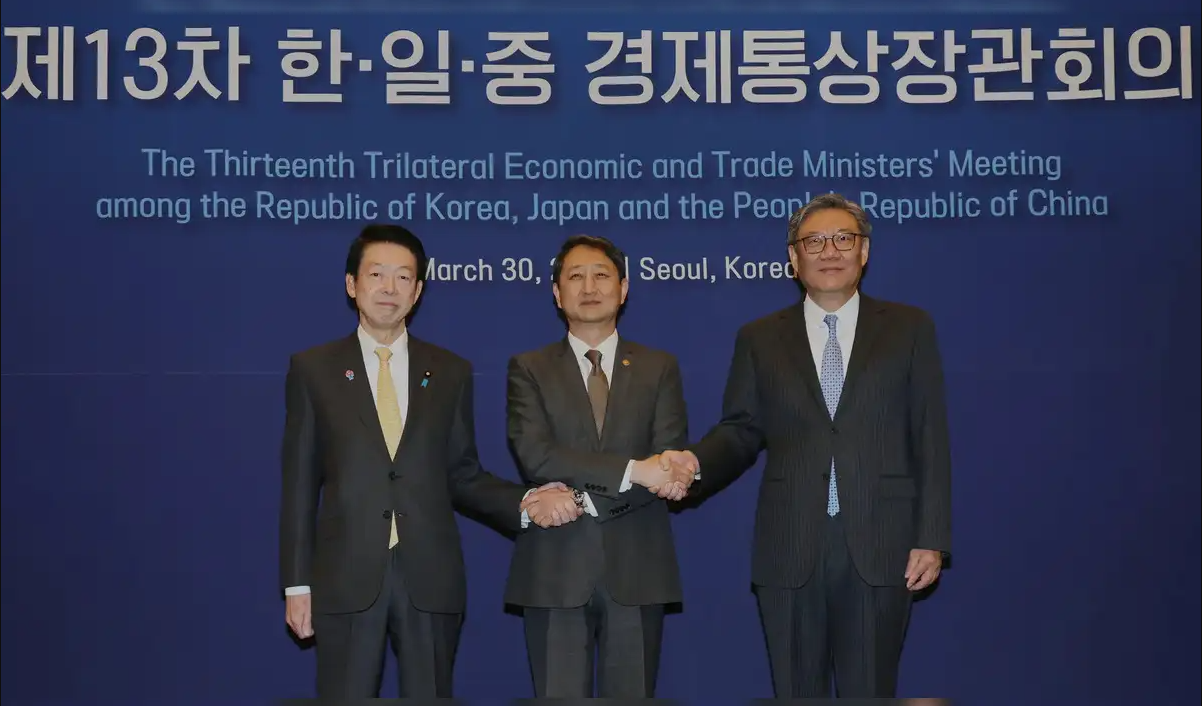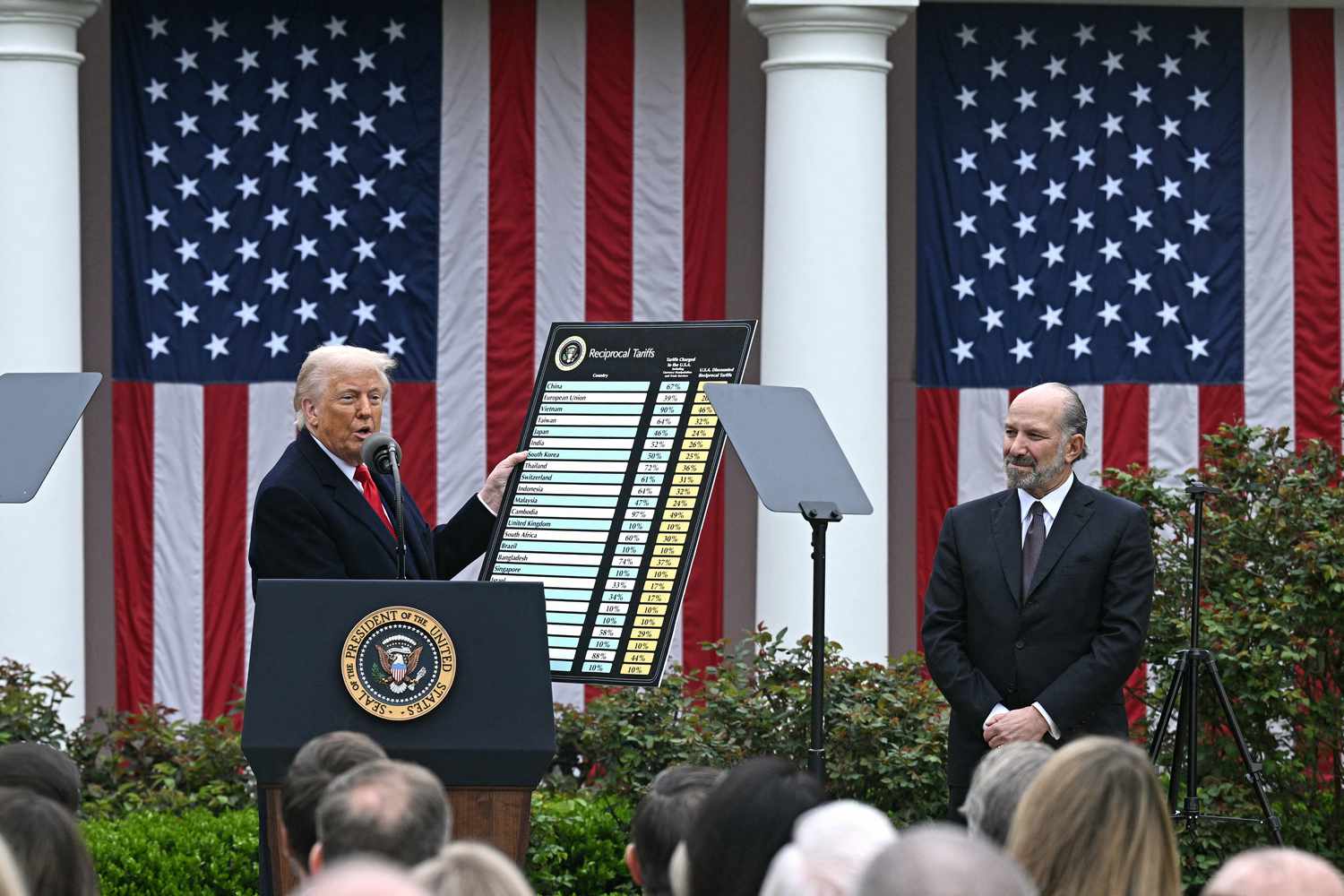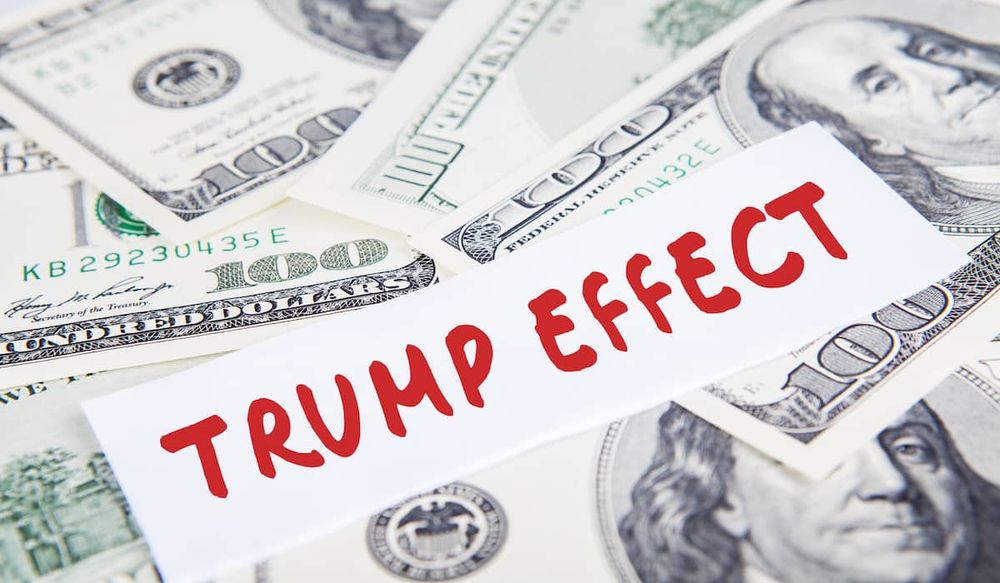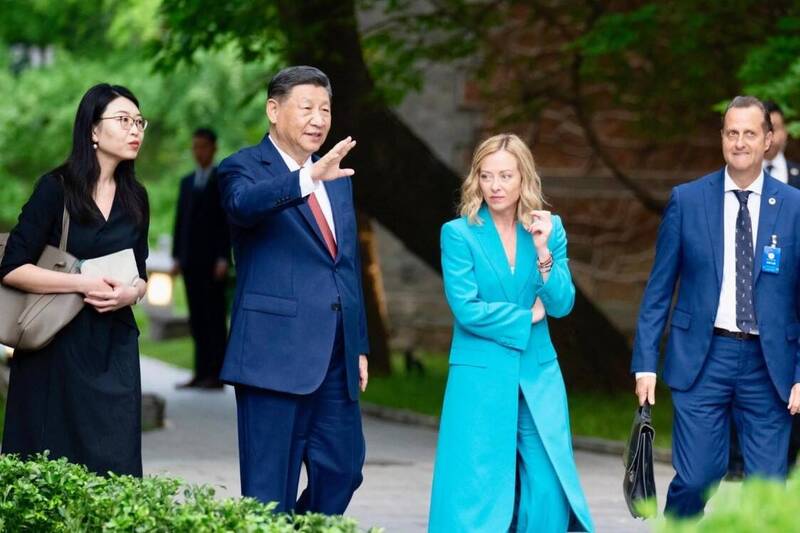
Zhang Yun, Professor, School of International Relations, Nanjing University
Apr 11, 2025
The tariffs will not spell the end of alliances between the United States and Japan or South Korea, but they are likely to promote a strategic awakening in both countries and accelerate the integration process in East Asia.

Dan Steinbock, Founder, Difference Group
Apr 05, 2025
After a decade of deglobalization and U.S. geopolitics, globalization is no longer at crossroads, but unraveling. The longer this plunge prevails, the greater will be its costs.

Stephen Roach, Senior Fellow, Yale University
Mar 31, 2025
The world’s major growth engines are about to run in reverse. The policies and uncertainties of US President Donald Trump’s second administration have hit a sluggish global economy with a transformational exogenous shock. Risks are especially worrisome in both the United States and China, which have collectively accounted for a little more than 40% of cumulative global GDP growth since 2010.

Zhou Xiaoming, Former Deputy Permanent Representative of China’s Mission to the UN Office in Geneva
Mar 31, 2025
A great many negative consequences would follow a successful effort by the United States to pull the MFN rug out from under the world’s second-largest economy. If this key pillar of global trade is taken away, the collapse of the WTO itself could follow.

Sebastian Contin Trillo-Figueroa, Geopolitics Analyst in EU-Asia Relations and AsiaGlobal Fellow, The University of Hong Kong
Aug 30, 2024
The Italian Prime Minister’s visit to China offers key insights into the state of Sino-European relations, the evolution of de-risking strategies, and China’s response to this challenge.
Zhou Xiaoming, Former Deputy Permanent Representative of China’s Mission to the UN Office in Geneva
Aug 23, 2024
The multilateral trading system faces an existential challenge as the United States and European Union seek to continue — or even expand — trade protectionism. If Donald Trump returns to the White House, there are good reasons to believe that he will try again to hijack the World Trade Organization. Meanwhile, protectionism by Europe only makes things worse.

Andrew Sheng, Distinguished Fellow at the Asia Global Institute at the University of Hong Kong
Xiao Geng, Director of Institute of Policy and Practice at Shenzhen Finance Institute, Chinese University of Hong Kong
May 30, 2024
Now that the United States has introduced a new set of import tariffs on Chinese goods, the world’s two largest economies appear to be on the brink of open economic warfare – and developing countries are in danger of getting caught in the crossfire. Beyond the risk that they could face sanctions or other trade restrictions if one superpower perceives them to be helping the other, Sino-American trade tensions are eroding the value of many of these economies’ comparative advantages, such as cheap labor and land. Coping with these challenges will require skillful economic statecraft.

Chen Xi, Founder of Harbor Overseas, Visiting Senior Fellow at United Arab Emirates University
Zhu Xufeng, Dean of School of Public Policy & Management, Tsinghua University
Xiao Geng, Director of Institute of Policy and Practice at Shenzhen Finance Institute, Chinese University of Hong Kong
Okan Geray , Strategic Adviser for Dubai Digital Authority, Chair of United for Smart Sustainable Cities
Wang Dong, Professor and Director, Institute for Global Cooperation and Understanding, Peking University
May 29, 2024
To revitalize innovation and build confidence in the private sector, the two countries should collaborate, from the Middle East to Africa, in unconventional ways. This would not only provide new business scenarios but would also offer an integrated solution for global governance going forward.
Dan Steinbock, Founder, Difference Group
Apr 05, 2024
The doctrine of “assertive transparency” has dramatically escalated South China Sea tensions. Among other things, it has paved the way to the alignment of the U.S., Japan and Philippines in the impending April summit.
Lucio Blanco Pitlo III, President of Philippine Association for Chinese Studies, and Research Fellow at Asia-Pacific Pathways to Progress Foundation
Apr 05, 2024
Confrontations over the South China Sea are startling events that bring up the potential for heated conflict, but disagreements in troubled waters have ripple effects that lead to economic problems as well.